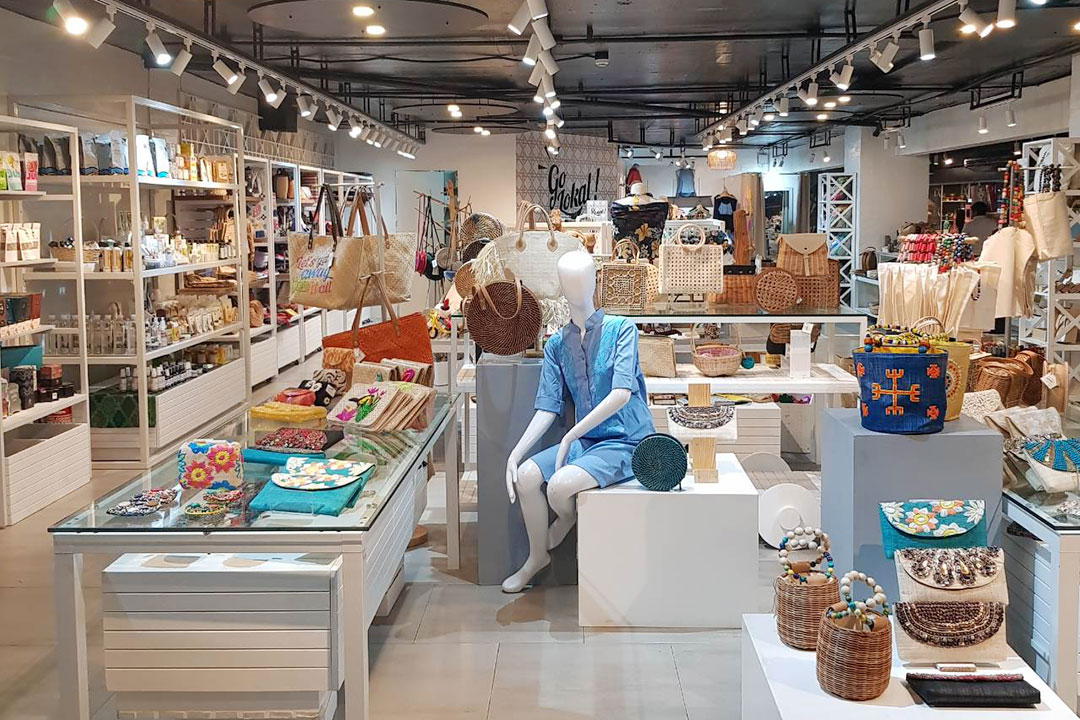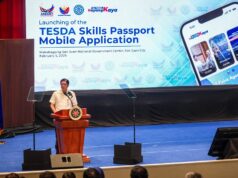PCCI urges focus on storage, AI in MSME funding

By Beatriz Marie D. Cruz, Reporter
STATE FUNDING for micro, small and medium enterprises (MSME) should prioritize storage and artificial intelligence (AI) adoption, according to the Philippine Chamber of Commerce and Industry (PCCI), citing heightened risks from climate change and disruptive tech.
“One of the sectors which has a lot of MSMEs is the agriculture and aquaculture sectors, as they form a whole supply chain,” PCCI Chairman George T. Barcelon told BusinessWorld by telephone. “They are food-related and subject to climate change, so they have a higher risk involved.”
“So, the kind of financing for MSMEs must tailor-fit those prevailing conditions, like post-harvest and storage financing,” he added.
Mr. Barcelon also cited the need to help MSMEs integrate AI and robotics into their operations, noting that many small firms lag in adapting to technological shifts.
“We are now embarking on disruptive technology, such as AI, robotics and the like, but of course, many firms are involved in this since this is just something very recent,” he said.
He added that financing schemes similar to venture capital could also help startups and small entrepreneurial projects that form part of the MSME sector.
The Department of Trade and Industry earlier said it is pushing for bigger MSME financing, in line with President Ferdinand R. Marcos, Jr.’s call during his State of the Nation Address on July 28.
MSMEs, dubbed the backbone of the economy, account for 99% of all registered businesses in the Philippines.
However, a recent study by the Boston Consulting Group (BCG) showed that 50% of surveyed MSMEs cited lack of access to capital as their biggest challenge.
BCG Principal Lance Katigbak said many MSMEs are aware of financing options but hesitate to apply for loans due to fear of debt, lack of collateral and the perceived complexity of applications.
“Government funding should focus on unlocking access, not just increasing availability,” Mr. Katigbak said in a Viber message. “This means developing programs should capture a deep understanding of the specific needs of different MSME segments.”
He added that streamlining and digitizing the loan application process, while expanding eligibility for microenterprises, could ease the burden.
“Many MSMEs — especially sari-sari (mom-and-pop) stores — feel excluded due to lack of collateral, limited credit history or informal operations,” he said.
Mr. Katigbak also suggested short-term working capital for food service MSMEs and retailers, along with broader support measures such as financial literacy programs, mentorship, supply chain linkages, digital adoption incentives, job-matching services and eased labor compliance.
Michael L. Ricafort, chief economist at Rizal Commercial Banking Corp., said creating a centralized credit bureau would boost bank lending to MSMEs by improving borrower information.
“There is great opportunity to further boost MSME lending in the country, partly through loan guarantees for some MSME borrowers that do not have the track record on borrowings as well as on financials,” he said in a Viber message.
Banks have lent only 4.63% of their total loan portfolio to MSMEs as of end-March, far below the 10% quota required by law, according to central bank data.



